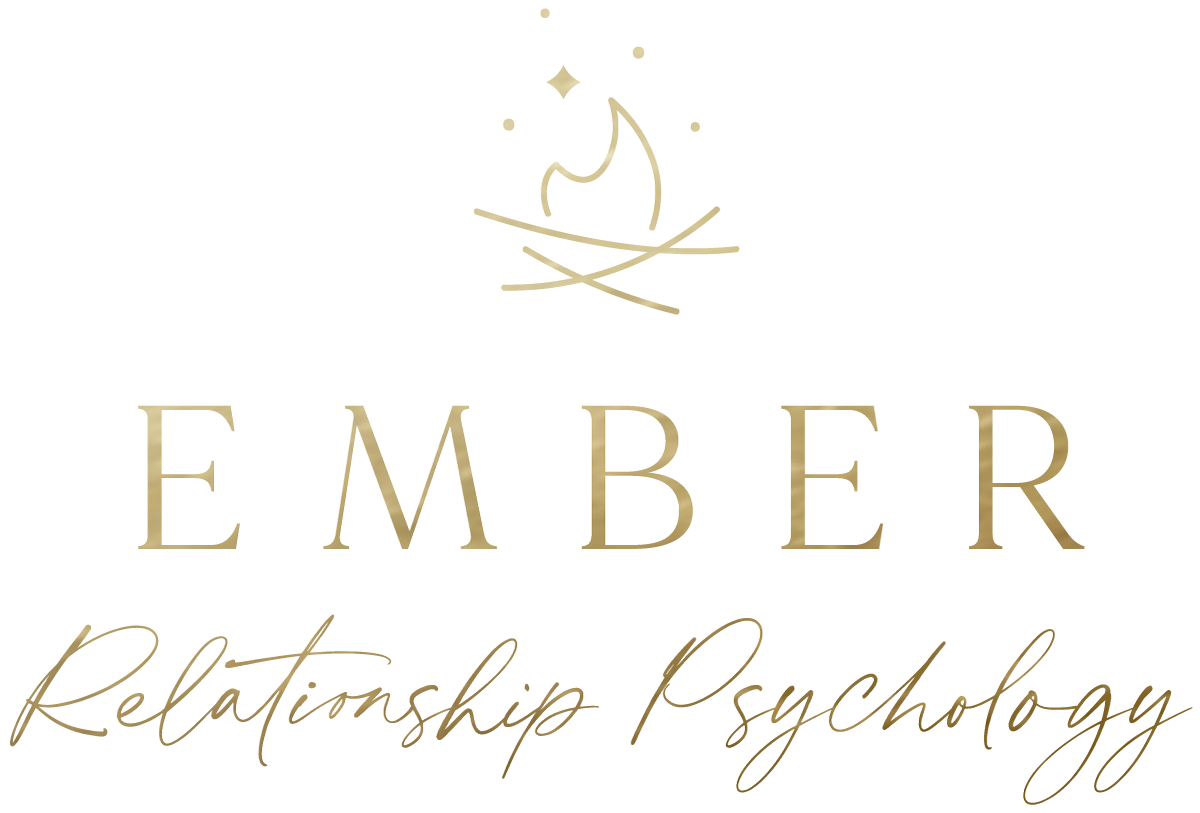3 Essential Skills for Managing Conflict
by Amber Dalsin, M.Sc., C.Psych.
Have you ever wished to be heard?
Or that you felt safe to bring up difficult topics with your partner?
Or maybe you want to provide a good role model for your kids when it comes to how to fight fairly?
Three essential skills for managing conflict are:
1. Describing yourself,
2. Stating your positive needs, and
3. Knowing when to bite your tongue.
Stevie and Chris had been together for 15 years. In 2020 the pandemic hit. Like many people, they started working from home. With no end of workday to transition from day to night, and no clear delineation of weekday to weekend, they would have drinks at home occasionally to unwind. Over weeks in lockdowns, their once-a-week bottle of wine turned into a daily shared bottle. And when they started drinking earlier, that one bottle often turned into two.
When May 2020 rolled around, they were still working from home and drinking daily. Stevie suggested they do 30 days alcohol-free. Chris agreed.
It was a beautiful spring day, and the crisp white in the fridge was calling him. Stevie had gone for a walk with friends, so Chris thought he could have a glass, pour out the rest of the bottle, and she wouldn’t be the wiser. The secret drink happened once, then twice, and before Chris knew it, the secret drink was a regular occurrence… until December 2020, when Stevie found out.
Stevie confronted him. Chris agreed he had a problem and promptly sought help. Two years later, Chris is on a better track with his drinking, most of the time. In December 2022 Chris went away with friends, he drank heavily on the trip, and lied about it. When he got back, he and Stevie had a series of fights about his drinking and the lying that accompanied it.
Drinking can be a serious issue in relationships. In this case, Stevie has every right to feel fearful, resentful, or betrayed. How Stevie expresses her emotions is where she has control and the power to influence how the conversation goes.
We’ll look at three essential skills that could help Stevie and Chris talk about Chris’ drinking.
Skill 1 - Describing Yourself
Describe yourself, not your partner. You have likely heard about “I Statements.”
“I Statements” describe how you feel. For example:
I feel betrayed because of the secrets kept from me.
I am really worried your drinking is turning into a problem again.
Skill 2 - Stating Your Positive Needs
It’s easy to talk about what you don’t want. After all, your partner just did something, it triggered you, and now you want to complain about it. There are times when it’s relevant to talk about what happened but be sure to then ask for what you do want.
Behind every complaint of what you don’t want is a need. Think about what the need is behind your complaint.
Stevie Stating the negative:
You kept your drinking from me again. Don’t keep secrets.
Stevie Stating positive need:
Even if I won’t like the answer, I need you to be honest with me about your drinking.
Chris stating the negative:
You come at me so harsh.
Chris stating the positive need:
It would help me feel safer if we could have more neutral conversations about my drinking.
Skill 3 – Biting Your Tongue
It’s common to want to interrupt your partner and correct them, to disagree as soon as they say something you don’t like. In conflict, it helps to bite your tongue and let them share their point of view, even if you don’t agree. It helps them feel safe, that their point of view can be heard.
For many couples who struggle with drinking, the person who has the drinking problem often feels unsafe sharing. The other party may be torn between wanting their partner to talk, while wanting to rage or criticize their partner’s behavior. A key to getting your partner to share is making it safe for them to share.
I’m not saying you can’t be mad, just try to let your partner have a turn at sharing, then when they are done, you can have a turn too. It doesn’t mean you like it or agree. You are just tolerating their different point of view and making it more likely that you’ll be able to talk through difficult subjects together.
This blog is not meant to be a substitute for couples therapy or relationship counselling. This should not be construed as specific advice. See a relationship therapist in your area to address your specific problems.

